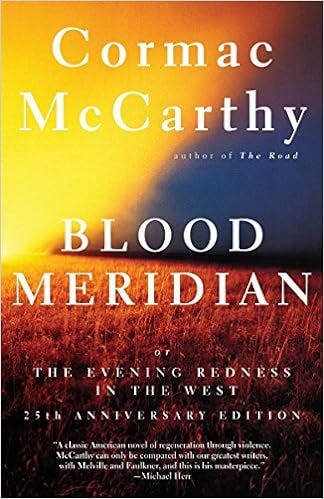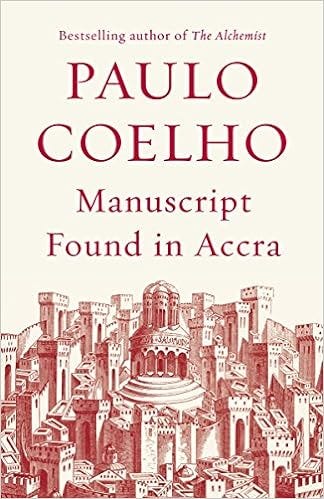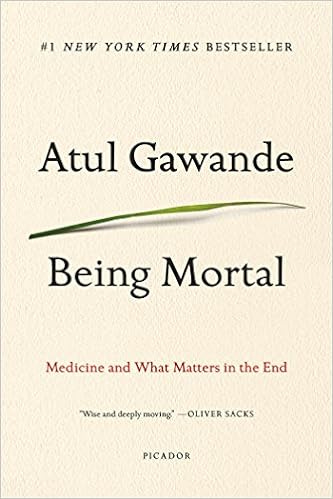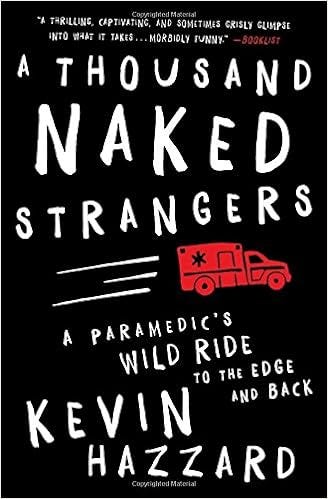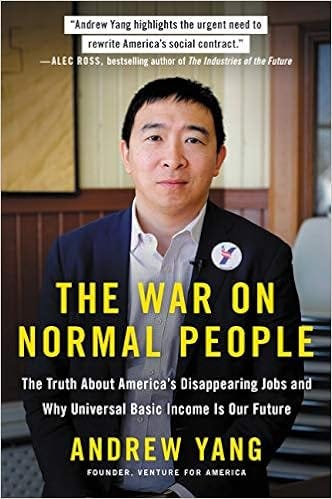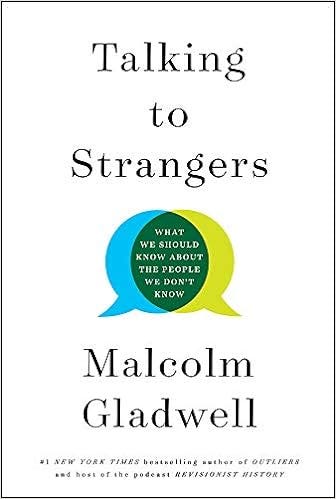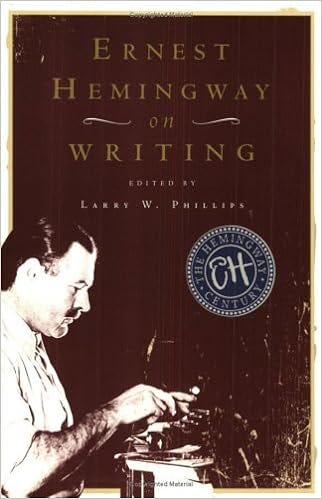
Everything I Read in October 2019
Reading widely across genres has helped me develop as a writer, thinker, and individual. I’ve accrued a diverse range of perspectives through reading authors from different eras and expertise.
Through this months’ reading — seven books in total — I gained insight in historical fiction, ancient wisdom, medicine and death, technology, writing, and talking with strangers.
Let’s jump in.
Blood Meridian, or the Evening Redness in the West by Cormac McCarthy (1985)
A classic Western epic and quite possibly the most violent, grisly novel I’ve read.
This book is violent and macabre. I’ve rarely described a book as “graphic,” as that’s a word I’d use more for pictures and screens. McCarthy’s historical depiction of 19th century Southwest America redefined “graphic” with ease and illustrated how American Manifest Destiny destroyed just as much as it created.
The characters constitute a rough, bloodied gang armed with revolvers and double-barrel shotguns. The old and savage act of collecting “trophies” from their killings via scalping seems to appear every single chapter. McCarthy authored the books The Road and No Country for Old Men which both were adapted to film, though it seems Blood Meridian will forever remain locked in text, with the imagery left to our imaginations.
Manuscript Found in Accra by Paulo Coelho (2012)
Paulo Coelho is best known for his classic bildungsroman story The Alchemist (for those who have forgotten this term since their English literature class, bildungsroman is a coming of age/spiritual growth story). This brief story is Coelho’s take on ancient wisdom (700 years old, according to the book) regarding themes such as courage, loyalty, solitude, and love.
Manuscript Found in Accra was the shortest book I read this month, though it brims with insight applicable to any and all readers. I enjoy reading Coelho's work; his ability to communicate theme and feeling are wonderful.
Being Mortal: Medicine and What Matters in the End by Atul Gawande (2014)
A touching, poignant book on how medicine has changed our relationship with dying, aging, and taking care of the elderly. Atul Gawande, a brilliant writer and surgeon, illuminates the often-taboo theme of death using insight from nursing homes, hospice care, and interviews with dying patients including his very own father. Being Mortal is an emotional and telling book about how we can better take care of our loved ones as they age, get sick and, eventually, die.
To read more about Being Mortal, you can see my article on Medium from this month: Medicine has Changed Our Relationship with Dying.
A Thousand Naked Strangers: A Paramedic’s Wild Ride to the Edge and Back by Kevin Hazzard (2016)
Simply put, this book is a masterpiece. Similar to Atul Gawande, Kevin Hazzard is a medical man — paramedic to be exact — with an adroit literary hand and an incisive eye for observation.
In the decade Hazzard spent as a paramedic in run-down Atlanta, he encountered faces eaten by maggots, still-birth babies, gun-wound disembowelment, and ultimately came face to face with the fragility of life and quotidian nature of death. Hazzard takes us through his journey from a wide-eyed rookie medic to a savvy medical veteran using a distinct (albeit morbid) comedic tone.
“Medicine’s great magic trick is how it convinces us we’re here saving lives when more often what we’re doing is witnessing death.”
Tear-jerking because of both the absurdity and levity as well as the plaintive and tragic, this book is a wonderful memoir of a man who can see the humor in saving lives for a living.
The War on Normal People: The Truth About America’s Disappearing Jobs and Why Universal Basic Income is Our Future by Andrew Yang (2018)
Andrew Yang is a Democratic candidate for the 2020 Presidential race. He advocates a universal basic income (UBI) of $1,000 per month per citizen. His book touches briefly on this, but primarily details his argument as to why we must shift our attitude about jobs, economics, and “normal” America.
His platform stems from his claim that artificial intelligence will (and already is) phase out jobs in America. According to Yang, our futures will be job-less and present a pervasive existential crises.
“The future without jobs will come to resemble either the cultivated benevolence of Star Trek or the desperate scramble for resources of Mad Max.”
Yang’s UBI policy is inflammatory and controversial, though his insistence that we must pay attention to the rise of artificial intelligence is backed with statistics and percentages and is delivered by Yang’s forward-thinking, intelligent perspective. Though I don’t fully agree with Yang’s policy proposals, I learned a great deal about how artificial intelligence is reinventing America's social fabric and of the potential for job displacement.
Talking to Strangers: What We Should Know About People We Don’t Know by Malcolm Gladwell (2019)
No matter how confident or cocksure we may be, each of us can recount a time we’ve fallen short in conversation or first-impression with a stranger. What do these awry instances say about our competence in talking to strangers? Gladwell tells us with his sharp wit and well-practiced narrative, nonfiction style.
Gracefully, Gladwell takes us through history’s botched encounters between strangers: Montezuma and Cortés' first meeting in the 16th century, Hitler’s bamboozling of Neville Chamberlain, Jerry Sandusky’s scandal and those who believed him without reservation — faulty interactions rife with shortcomings fueled by commonly incorrect assumptions.
I’ve read every single book Malcolm Gladwell has written. Talking to Strangers kept me engaged throughout with it’s wide-ranging subject matter but ultimately left me with fewer “Ah-ha!” moments than his previous books such as Outliers or David and Goliath.
Ernest Hemingway on Writing — Edited by Larry W. Phillips (2019)
I’ve been a Hemingway fan for my whole life. His crisp no-nonsense prose and straightforward language always draws me in. This book is a collection of anecdotes, passages, letters and ideas from Hemingway’s prolific writing career, and every single piece is about writing.
Infinitely quotable, this collection holds enough wisdom and practical writing advice to get even the most obstinate writers writing.
“I have to write to be happy whether I get paid for it or not. But it is a hell of a disease to be born with. I like to do it. Which is even worse. That makes it from a disease into a vice. Then I want to do it better than anybody has ever done it which makes it an obsession. An obsession is terrible. Hope you haven’t got any. That’s the only one I’ve got left.”
If you want some more book recommendations, you can check out my Reading List.



